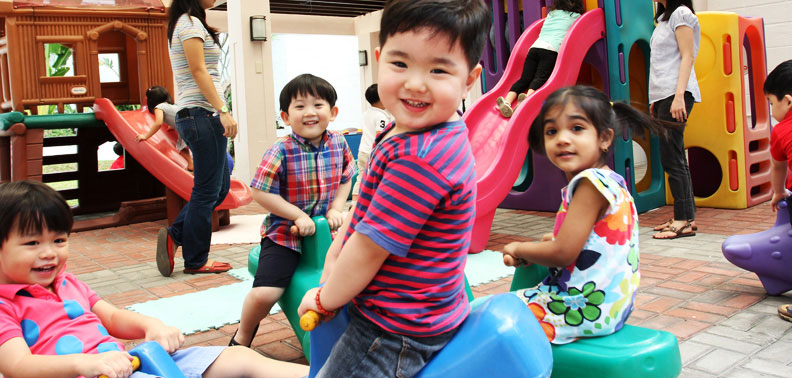Quick Tips for Parents
- Children need comforting and frequent reassurance that they’re safe make sure they get it.
- Be honest and open about the disaster.
- Encourage children to express their feelings through talking, drawing or playing.
- Try to maintain your daily routines as much as possible.
This age group may react by regressing to behaviors such as bed-wetting, thumb sucking, baby talk, or a fear of sleeping alone. Children may also express their emotional feelings through physical concerns by complaining of very real stomach cramps or headaches, and be fearful to go to school. It’s important to remember that these children are not being difficult –they’re scared and want to make sure you are going to be all right without them and you will be there when they return.
Parents should keep in mind the following suggestions to help them cope with their fears:
- Reassure young children that they’re safe. Parents can provide extra comfort and contact by discussing the child’s fears prior to bedtime. Give the child enough time to debrief before bed by telephoning during the day seeing how their day went and emphasize that you are all right; provide extra physical comforting.
- Get a better understanding of a child’s feelings about the event. Discuss what they know about the event and find out your child’s particular fears and concerns. Answer all questions they may ask and provide them loving comfort and care. Observe, participate and structure children’s play so that it remains constructive, serving as an outlet for them to express fear or anger.

